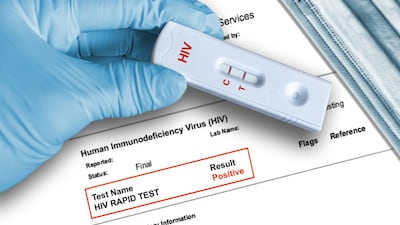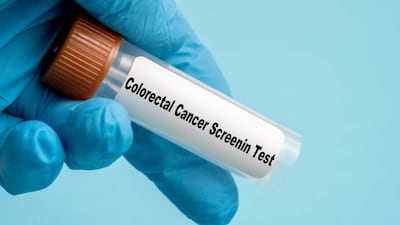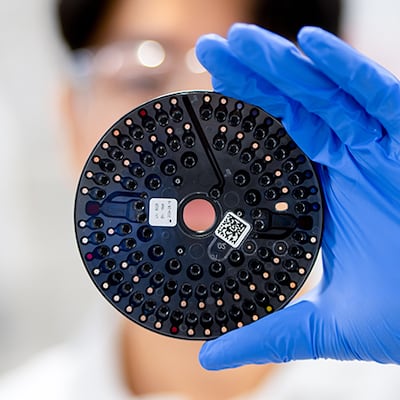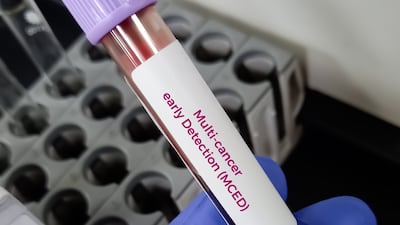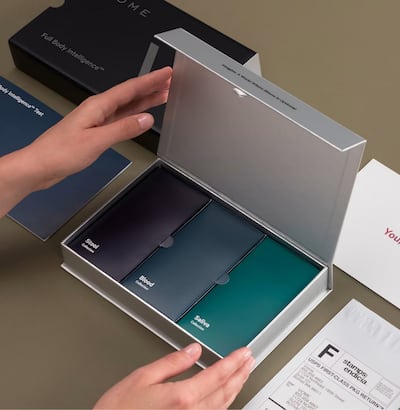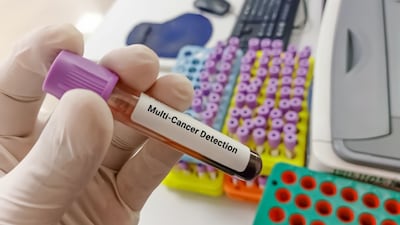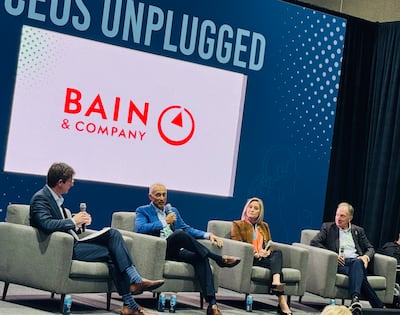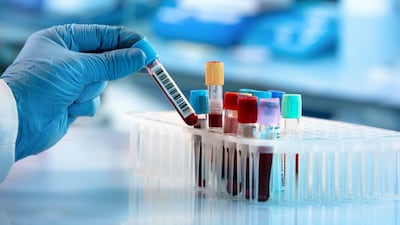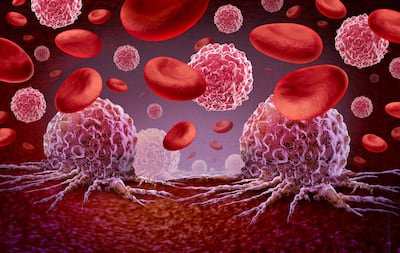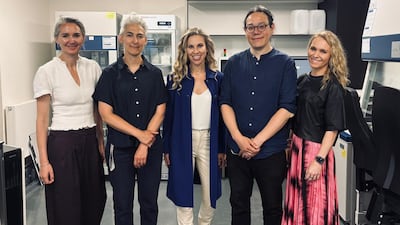In Vitro Diagnostics
The US FDA has warned that Magellan Diagnostics blood lead tests may provide inaccurately high results, particularly with tubes from ASP Global. Magellan’s tests had previously been recalled over inaccurate low results. The FDA also issued warning letters to both firms.
Molecular diagnostics firm SAGA Diagnostics has introduced a colorectal cancer test that can detect even very low levels of cancer biomarkers. The test helps clinicians guide post-surgical treatment decisions.
Abbott started 2026 as it ended 2025 – with major regulatory breakthroughs for pulsed field ablation innovations, boosting its EP credentials in the US and EU. It also broadened its IVDs platform by adding cancer detection and screening company Exact Sciences in a deal expected to close in Q2.
The US FDA has sent warning letters to four companies that it says distribute HIV sample collection kits for home use without proper regulatory authorization.
A pair of diagnostic developers backed with venture capital have teamed up with the University of Tennessee to fight colorectal cancer. The collaboration seeks to advance next generation testing to catch one of the deadliest cancers in its earliest stages.
Freenome will combine with Perceptive Capital Solutions Corp in a SPAC deal worth $330m. The goal is to advance Freenome’s blood-based tests for early detection of cancer and, in 2026, launch its advanced colorectal cancer detection test SimpleScreen, currently under FDA review.
Truvian reached a major milestone with the FDA clearance of its blood-testing benchtop but is awaiting further FDA clearances of blood panels before a full launch in the second half of 2026.
Medtech funding in 2025 sees a trend of fewer, yet larger deals with total funding of $3.6bn in Q1, $2.6bn in Q2 and $2.9bn in Q3, said LSI’s Nick Talamantes. In 2026, he expects a continued investor focus on more mature firms in areas of oncology, cardiology and neurology.
Ahead of Exact Science’s $21bn dollar acquisition by Abbott, Medtech Insight spoke to the company’s chief medical officer, Tomasz Beer, to learn more about the company’s multi-cancer early detection offering, its wider portfolio of products and to hear more about the direction of the field.
A recent study demonstrates that certain types of blood-based tests that screen for multiple cancers at once have the potential to flip the script on cancer diagnoses, including some of the deadliest types.
Brain-computer interfaces advance toward trials and commercialization, Oura pushes for FDA-cleared blood pressure monitoring, and regulators weigh AI’s expanding role in mental health and diagnostics amid rising safety concerns.
Viome’s CEO To Expand Into Clinical Diagnostics ‘For Which There Are No Solutions’ With AI, RNA Test
Viome Life Sciences accelerates its push into clinical diagnostics with studies in colorectal cancer and a major partnership with Microsoft to scale its molecular data analysis platform. Viome leverages RNA analysis and AI to detect disease at the molecular level and personalize preventive health.
Astrin Biosciences To Launch First Blood-Based Test For Early Breast Cancer Detection, Dense Breasts
Astrin Biosciences will debut Certitude, a proteomics-based blood test for women with dense breasts, aiming to detect early breast cancer with MRI-like accuracy and outperform current supplemental imaging.
The $250m in new funding from HistoSonics’ new owners and new investors Thiel Bio and Founders Fund will expand its histotripsy platform globally, advance new indications, and scale operations. CEO Mike Blue tells Medtech Insight that an IPO isn’t an immediate priority.
Evidence-based testing in real clinical settings and diagnostics tailored to community needs are crucial adoption success factors for new IVDs, Michael Wright, joint medical director at Newcastle Hospitals NHS Foundation Trust, told Medtech Insight at a regional UK meeting.
Excitement surrounds Multi Cancer Early Detection testing for diagnosing hard-to-detect cancers early and improving patient outcomes. But without full randomized trials – only accuracy studies – physicians lack enough evidence to use them confidently, said physician and researcher Daniel Jonas.
At the MedTech Conference, the CEOs of Stryker, Hologic and Insulet said during a panel AI is now central to their business strategies, from creating new medical devices to streamlining workflows and administrative tasks. Stryker’s CEO Kevin Lobo plans a business unit focused on AI-enabled tech.
The Nancy Gardner Sewell MCED Act has advanced in the US House, potentially allowing Medicare coverage for multi-cancer early detection tests. Exact Sciences is targeting FDA approval for its MCED test Cancerguard, launched in the US earlier this month.
Arima Genomics launched its new Aventa Lymphoma test aimed at helping pathologists detect lymphomas missed by standard FISH analysis. Initially positioned as complementary technology, Arima hopes to become the new standard test.
Salient's inflammatory bowel disease test, built on the start-up’s Signal platform, is planned to launch in March 2026. The company leverages rich data from existing wellness tests to develop signatures, focusing on conditions that are often misdiagnosed and disproportionately affect women.




